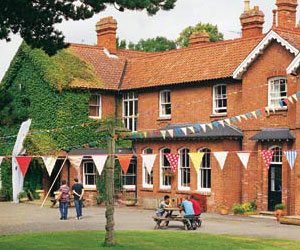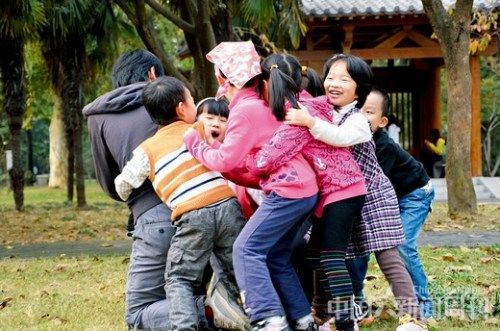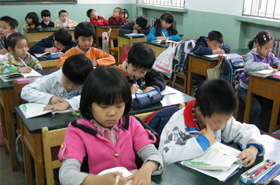As a parent, will you choose to let your children receive "private school" education?
Dissatisfied with the uniform school education like assembly line, in recent years, more and more parents choose to lead their children to "escape" from school and educate their children at home. Due to the limited time and ability, and the needs of interpersonal communication during the growth of children, some parents are trying to gather children together to build an experimental field of ideal education. In recent years, more and more private school parents have formed alliances with each other across the country.
Which method is more suitable for children? What are the differences between the two education methods?
Can this new type of education, which has sprung up in China for less than 10 years, be grounded? Will it inevitably become another kind of small school?
What are the main problems of private school education?




